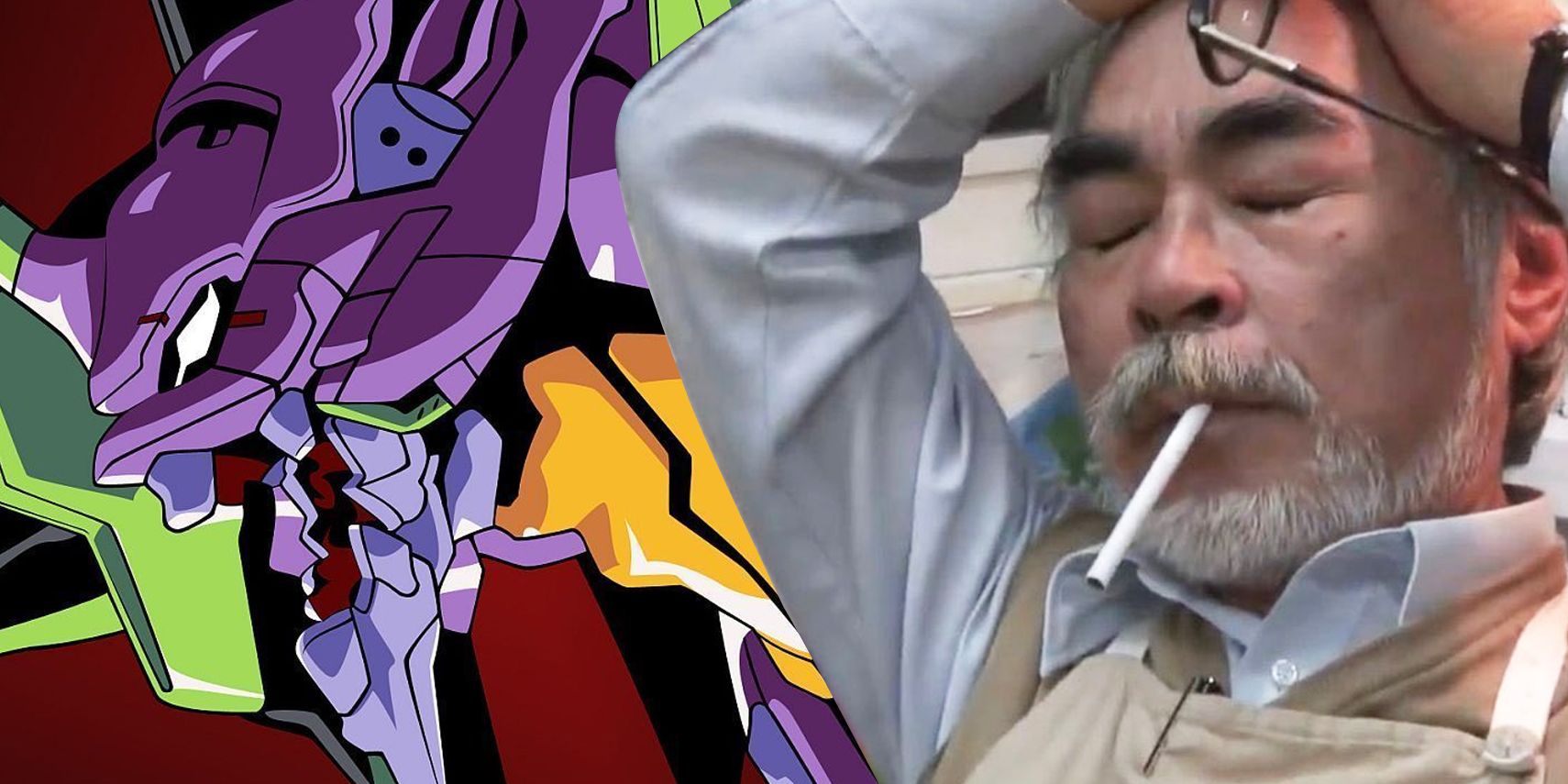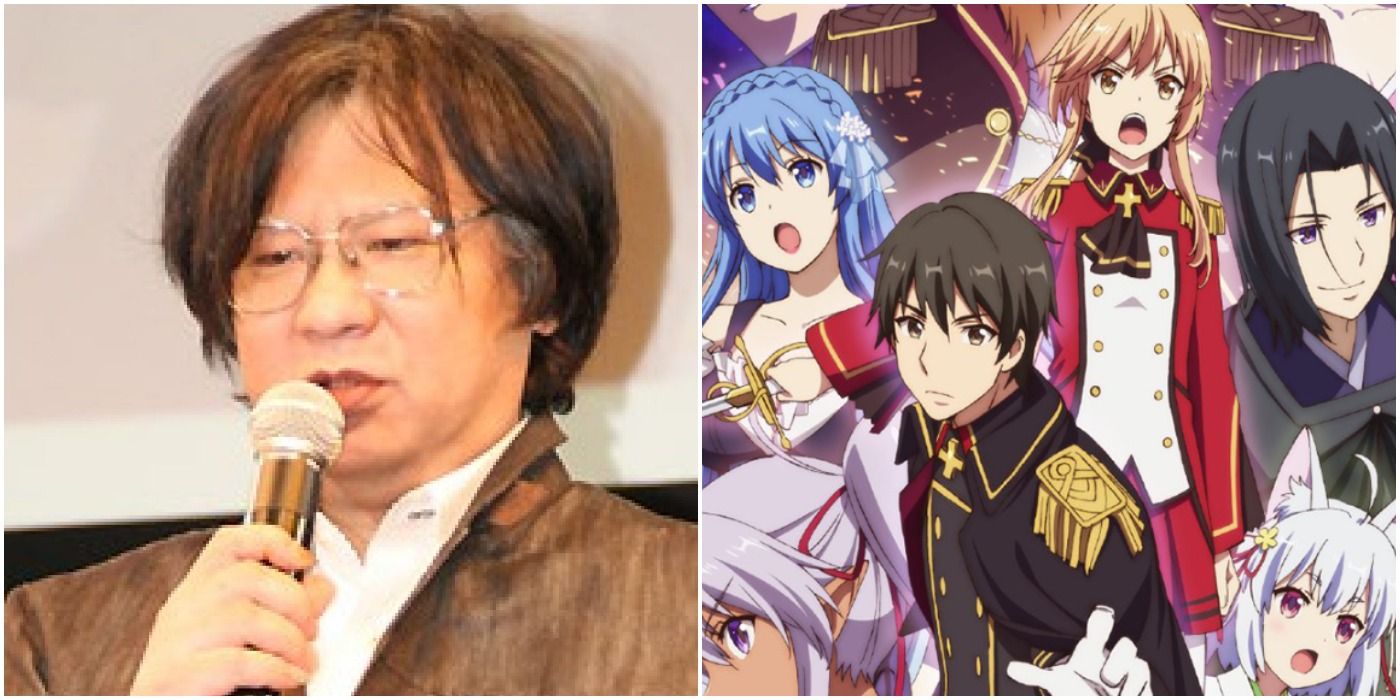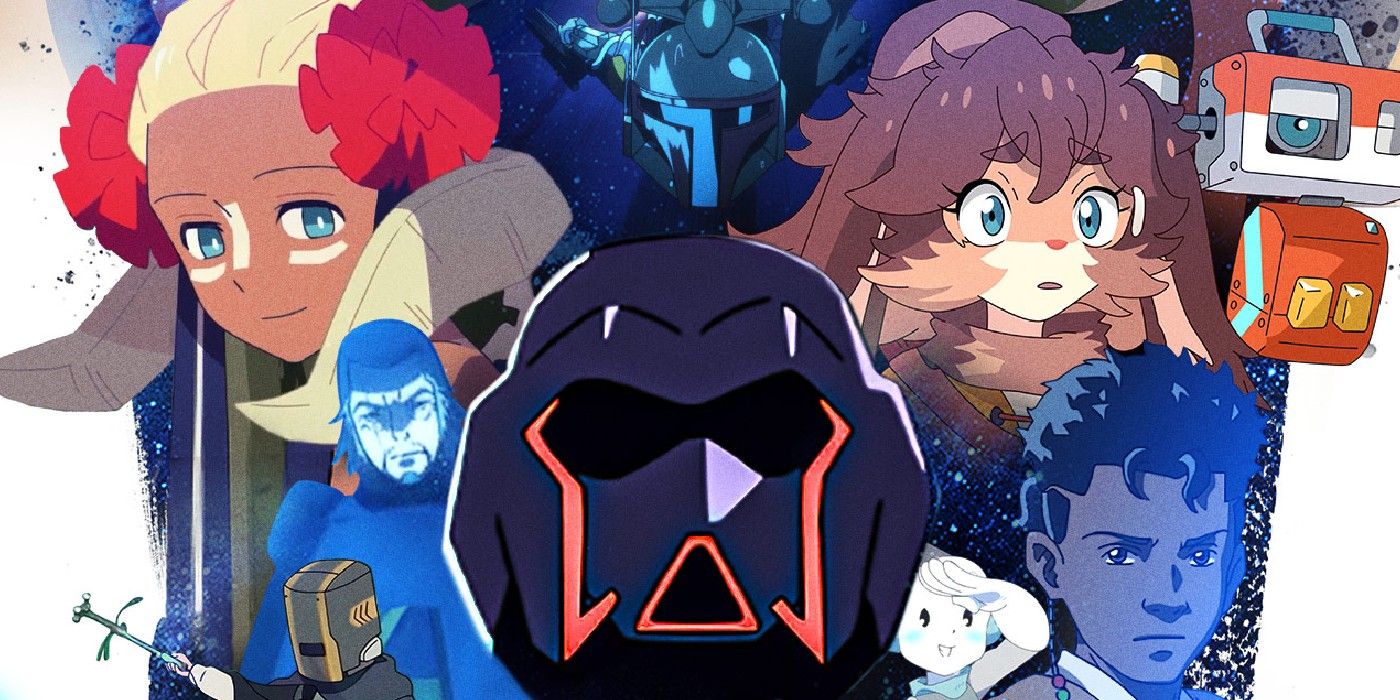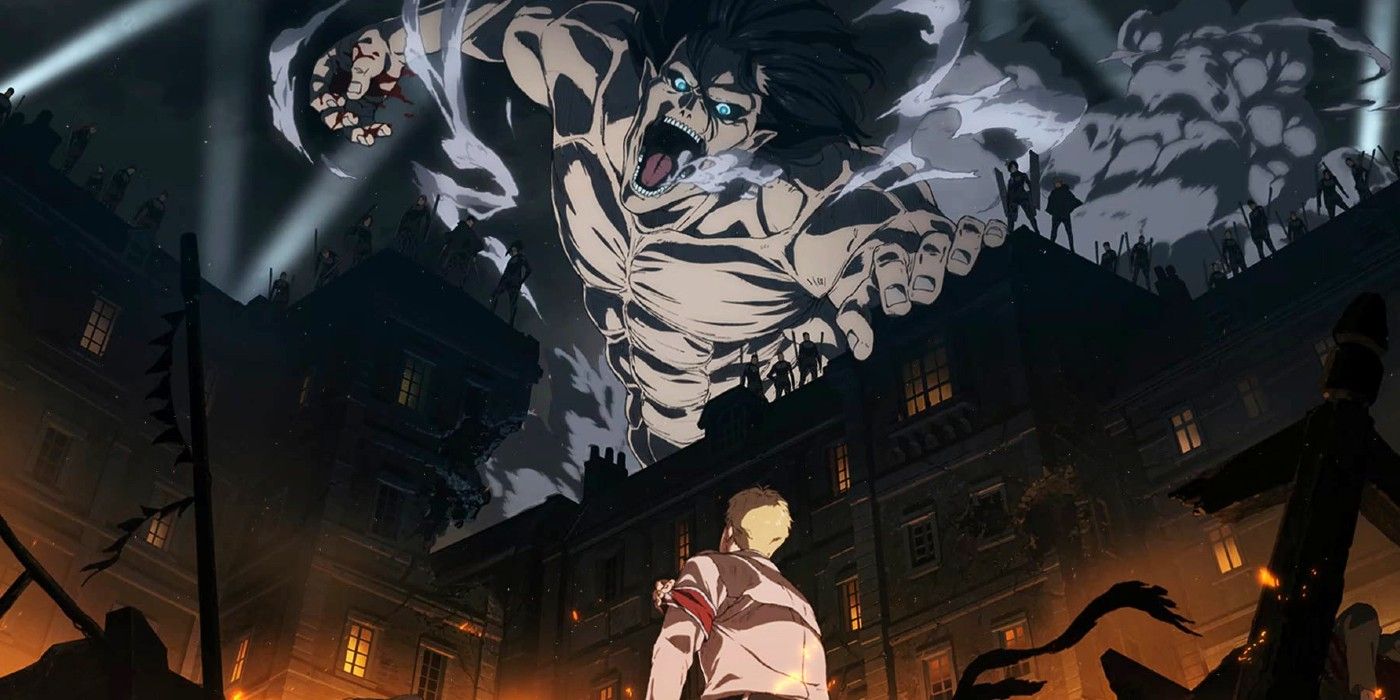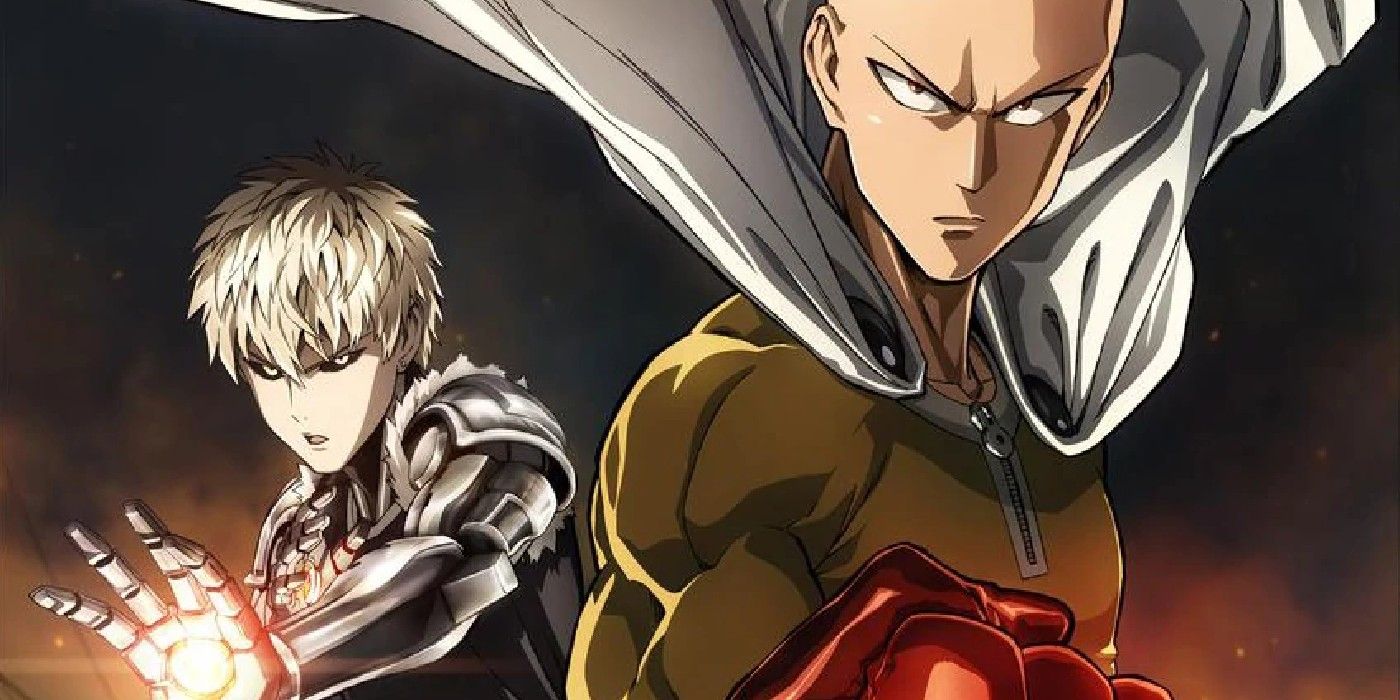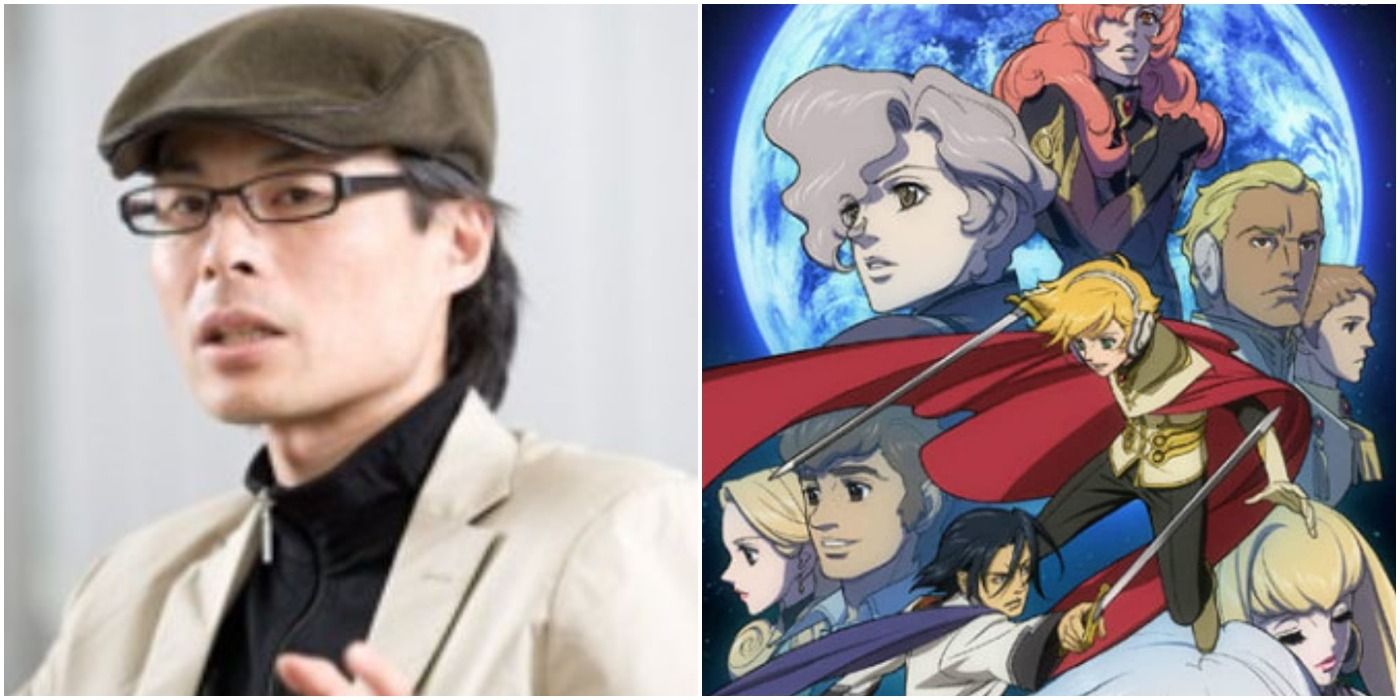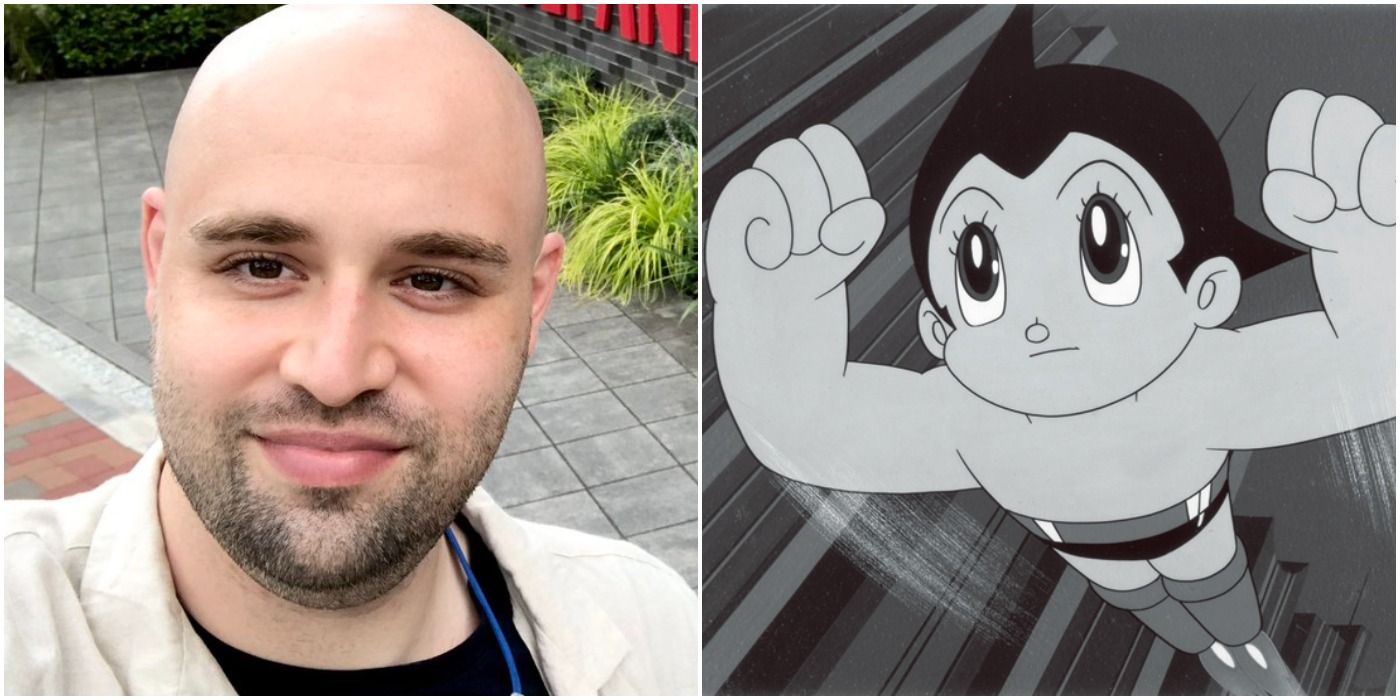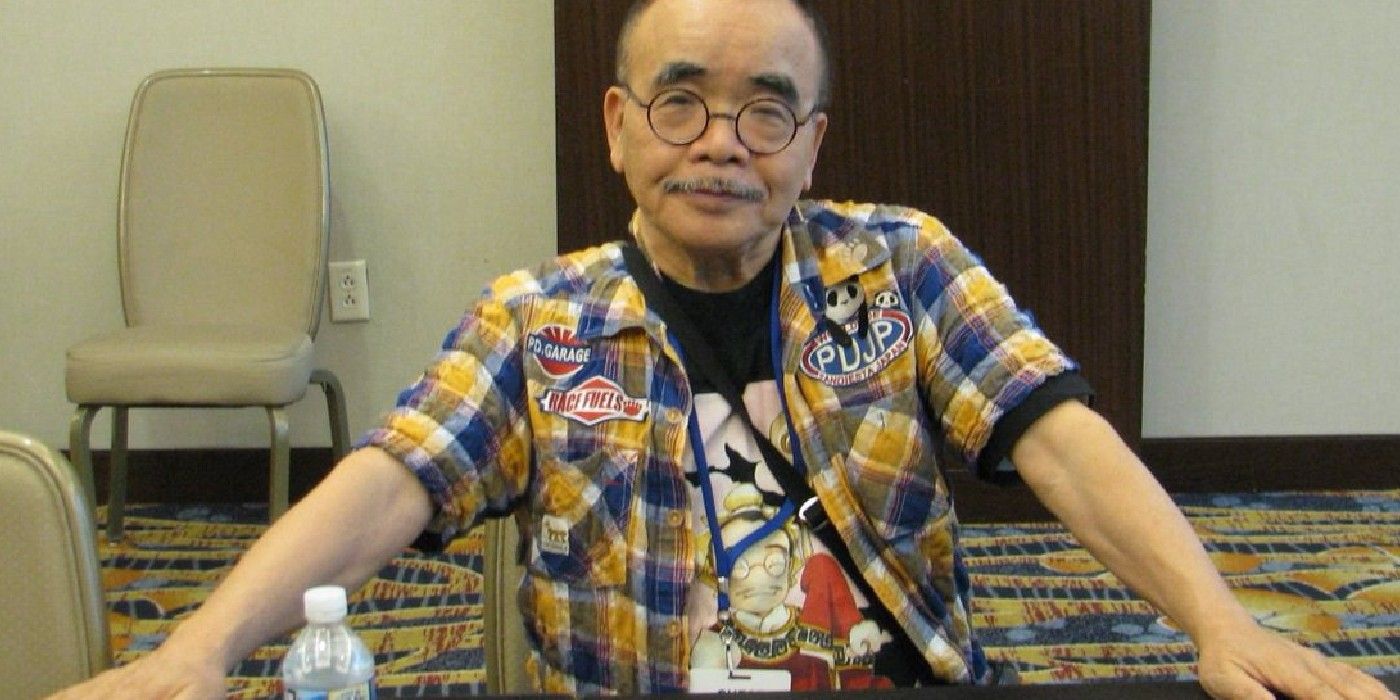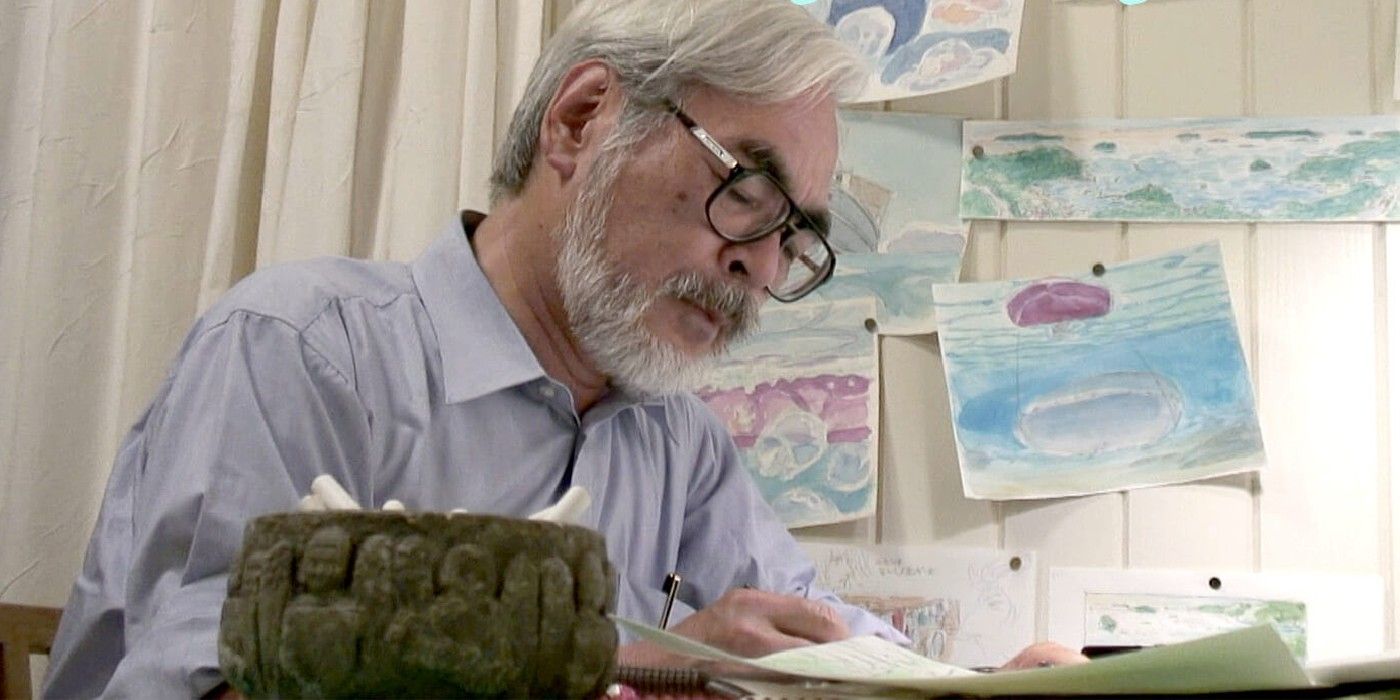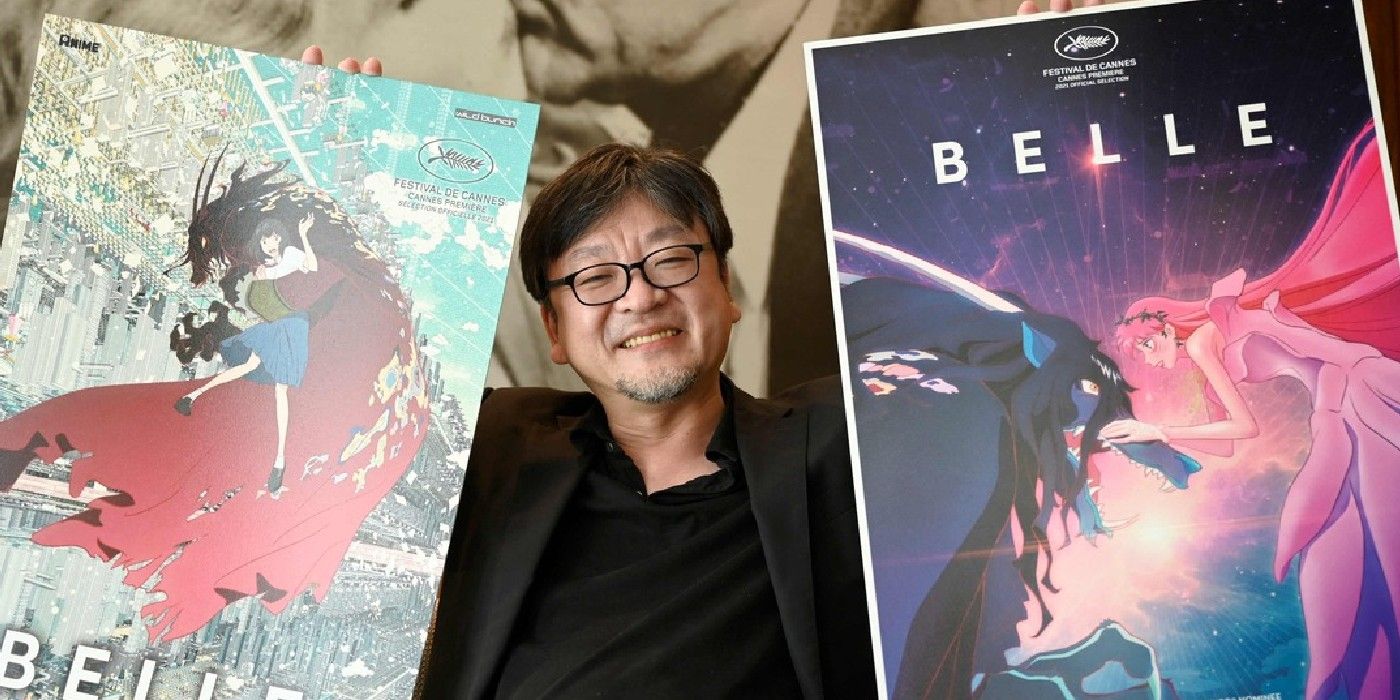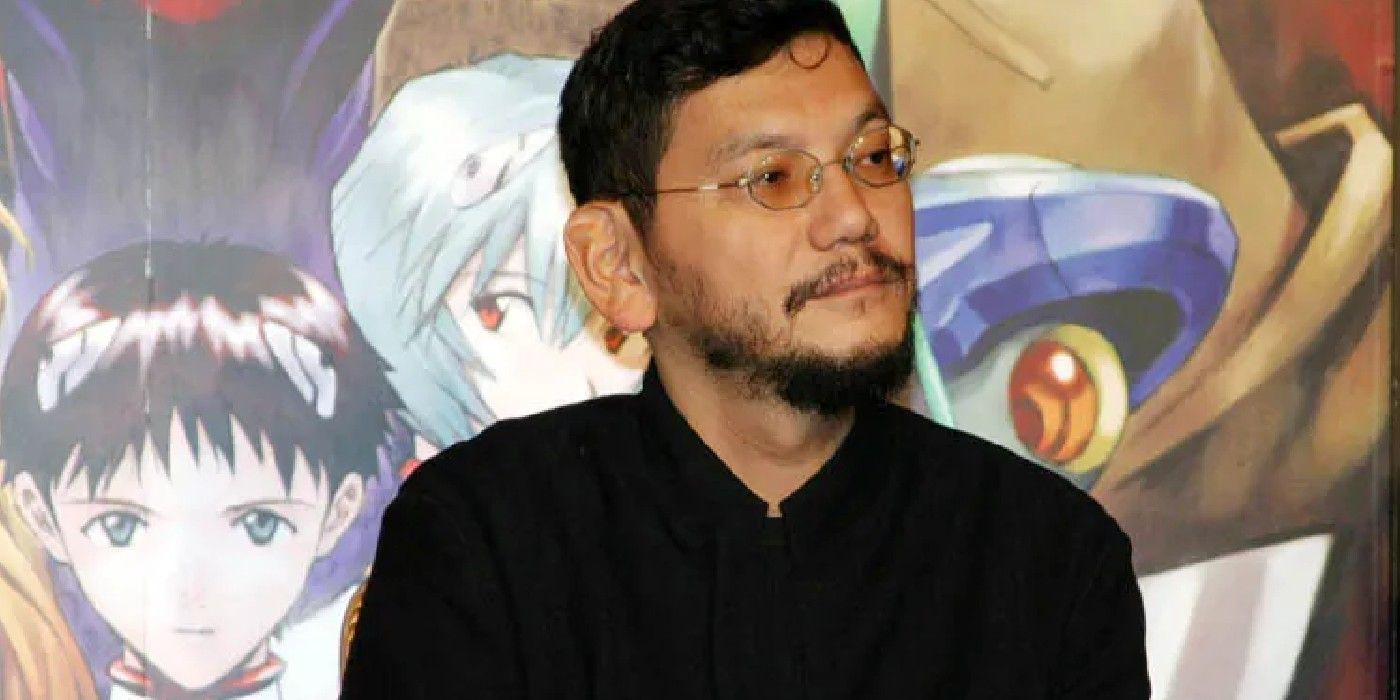Anime culture may be fun and exciting, but the same can't be said for what happens behind the scenes. The anime industry is infamous for many wrongdoings, and those who work in it are the medium's harshest critics.
From entry-level animators to prolific directors, those who create anime haven't always had the nicest things to say about their profession. Where some gripes are rooted in the industry's faults, others took issue with what anime enables and represents.
10 Takashi Watanabe Was Frustrated By The Industry's Lack Of Pandemic Urgency
In a very literal sense, the COVID-19 pandemic drove the world to a halt. Countless businesses and industries were forced to take an indefinite hiatus or shut down completely, but anime studios were apparently the exception. Watanabe, the director of the latest fantasy isekai anime How A Realist Hero Rebuilt The Kingdom, was understandably infuriated by this.
In a Tweet, Watanabe revealed that studios were still operating as usual. One unnamed studio even went into lockdown following a COVID cluster, but imposed a gag order on its staff instead of making a public announcement. Watanabe even voiced his fear of infection, wondering aloud why the industry wouldn't go on break for its workers' sake.
9 Many Animators Called Out Streaming Services' Unreasonably Low Budgets & Wages
Disney+ and Netflix are quickly becoming major players in the anime scene, as seen from the sheer number of upcoming collaborations they have with big-named anime studios. Despite these shows costing and earning millions if not billions of dollars, the animators who actually make them barely see a cent of it.
Many animators called out this practice online, blaming Netflix for setting the precedent. Animators like Ippei Ichii from MAPPA, Joan Chung of Science SARU (who worked on Star Wars: Visions), freelancer Zayd, and more didn't like how Netflix encouraged Japanese crunch culture and low salaries by ordering many shows for low budgets, despite having more than enough money to pay well.
8 Mushiyo Compared Working At MAPPA To A Factory Floor
MAPPA is regarded as one of the best studios working today, thanks to its spectacular fight scenes and direction. Case in point, the hype for Chainsaw Man sky-rocketed after just one preview. However, fans were taken aback when it was revealed that these great feats of animation apparently came at the cost of the production crews' health.
Before the shocking Attack On Titan: The Final Season premiered, animators like Mushiyo compared working on the finale to a heartless factory. Mushiyo criticized MAPPA for taking four shows instead of focusing on what it could handle, elaborating that new animators were forced to work long hours for next to no pay.
7 A Madhouse Employee Sued The Studio For Unbearable Work Conditions
In recent years, Madhouse's (the studio responsible for fan-favorite anime like One-Punch Man) reputation took a nosedive after its system of overwork and unethical work practices were made public. Unfortunately, it's no secret that Madhouse fostered an abusive culture of excessive work and unpaid overtime, which got so bad that a production assistant sued the studio.
In 2019, the unnamed employee sued Madhouse for compensation for his hospitalization brought about by working almost 393 hours per month. Though he was paid and given laxer hours, other Madhouse staff claim that the studio only changed its policies for that one employee and not the entire workforce just to end the lawsuit.
6 Osamu Yamasaki Thinks The Anime Industry Is In Dire Need Of Reform
In 2017, P.A. Works stirred controversy when one of its animators exposed that, among other things, the studio charged a "desk fee" from in-betweeners. Yamasaki, the director of Toward The Terra and the pro-animators group Japanese Animation Creators Association, confirmed these realities in an interview with Business Journal.
Yamasaki cited that the industry's habit of underpaying young animators was a self-destructive cost-cutting measure, since it only justifies disillusioned newcomers quitting early while leaving the industry in the hands of a rapidly aging minority. Because of this, Yamasaki believes that the industry needs to change now or face certain doom.
5 Henry Thurlow Blamed The Industry's Issues On Using Astro Boy's Outdated Business Model
One of the worst ironies of the anime industry is that while it earns billions of dollars in streaming, ticket, and merchandising sales, those who actually make the shows almost never reap these financial rewards. Thurlow, the co-founder of D'ART Shatijo, expressed his frustration with this in a Vox interview, and partially blamed the classic anime Astro Boy for it.
When Astro Boy was made in the 60s, anime had yet to inspire confidence from investors. Osamu Tezuka worked around this by underselling the show, promising to make a profit through miscellaneous sales. The gambit worked too well, and it became the industry's status quo. Thurlow isn't the first to cite this problem, nor will he be the last.
4 Masao Maruyama Thinks There's Too Much Anime & Too Few Animators
Anime has never been more popular than it is today, with the ever-increasing demand quickly outpacing the number of shows and movies that the industry can produce. Maruyama, Madhouse and MAPPA's former president, voiced his concerns over this problem in a 2018 panel, where he said that the industry was facing its worst-case scenario.
For Maruyama, there are simply too many shows and movies in production given the workforce's dire numbers and straits. Worse, studios now focus on quantity over quality. Studios were more concerned with getting anyone who could draw regardless of skill level, leading to a dip in quality in terms of both presentation and writing.
3 Hayao Miyazaki Doesn't Have Nice Things To Say About The Modern Anime Industry
A few years ago, a snapshot of Studio Ghibli founder Miyazaki saying "Anime was a mistake. It's nothing but trash" took the internet by storm. This was a fan edit, but Miyazaki's sentiments were accurate. In interviews and documentaries like The Kingdom Of Dreams, Miyazaki bemoaned the current state of anime as an art, especially with the rise of 3D animation.
Miyazaki didn't like how the modern industry is comprised of otaku he accused of being antisocial and self-centered, making them unable to convey the human experience through anime. Not helping was Miyazaki's hatred of modern digital animation, as seen in the infamous clip of him saying that AI-generated animation is an insult to life itself.
2 Mamoru Hosoda Is Disgusted With Anime's Depiction Of Women
One of the strongest criticisms against anime as a whole is its fixation on young girls to an almost fetishistic degree. Either these girls are overly sexualized, or they're put on a pedestal. Summer Wars' director agrees with this sentiment, especially the latter. In fact, he specifically cited a director many assumed to be Hayao Miyazaki.
During an interview at the 2021 Cannes Film Festival for Belle, Hosoda vented his frustrations over a prominent anime director who kept using overly responsible teenaged heroines in his movies. For Hosoda, said unnamed director only glorified girls because he was insecure about himself. Additionally, he sees this as an extension of Japan's problematic treatment and view of women.
1 Hideaki Anno Inadvertently Made Otaku Culture & He Hates It
Besides using the eternally referenced Neon Genesis Evangelion to artistically come to terms with his depression, Anno created the show with otaku like himself in mind. This is why, despite its dark subtexts, Evangelion resonated so much with otaku and turned anime into a global phenomenon. At one point, however, Anno regretted this.
As production took a toll on his mental health, Anno grew disillusioned with otaku. This culminated in a bitter 2012 interview during a tokusatsu exhibition, where he said he gave up on helping otaku outgrow their immaturities. This is more of a case of tough love than pure contempt, though, since Anno wanted to help otaku face reality instead of diving deeper into escapism.

